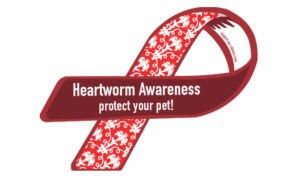
If you often find yourself reaching for the organic or natural foods in the grocery store you may consider feeding your pets natural or organic pet foods. As Natural and organic foods become more and more popular for us humans we see a lot more pet food labels claiming to be “All Natural” or “Organic” but are they really?
The FDA defines “Natural” as free of artificial ingredients. Natural foods sound great when you first think about it but perhaps not. Many medications are derived from natural sources but not all natural medications are good for your pet. For example, some of the more common chemotherapy drugs are a derivative of the periwinkle plant, making them “natural”. While all foods must meet general food safety requirements, there are few other regulations in place for a food to be labeled as “Natural”.
The “organic” Label applies both to food products as well as the farming process used to grow them. The term “organic” describes a methodology and doesn’t necessarily mean that the “organic” ingredients are good for your pet. For example a box of organic raisins may be organic but are they safe for your pet? No. Grapes and raisins are known to cause kidney failure when ingested by dogs.
Every pet owner strives to make the best possible choices in order to promote a long and healthy life for their fur babies. Knowing the definitions of “organic” and “natural” when it comes to labels can help owners make an educated choice when buying pet food.
This blog post was written by McQueen Animal Hospital, a veterinary clinic in Brampton providing quality affordable veterinary care



